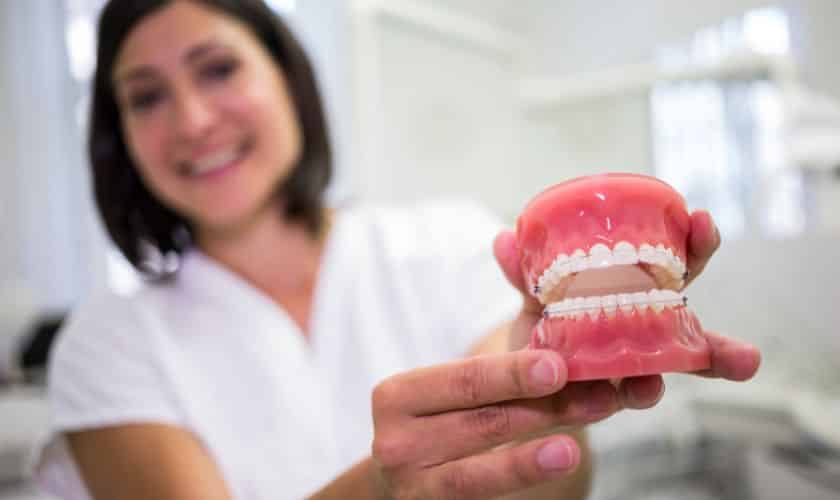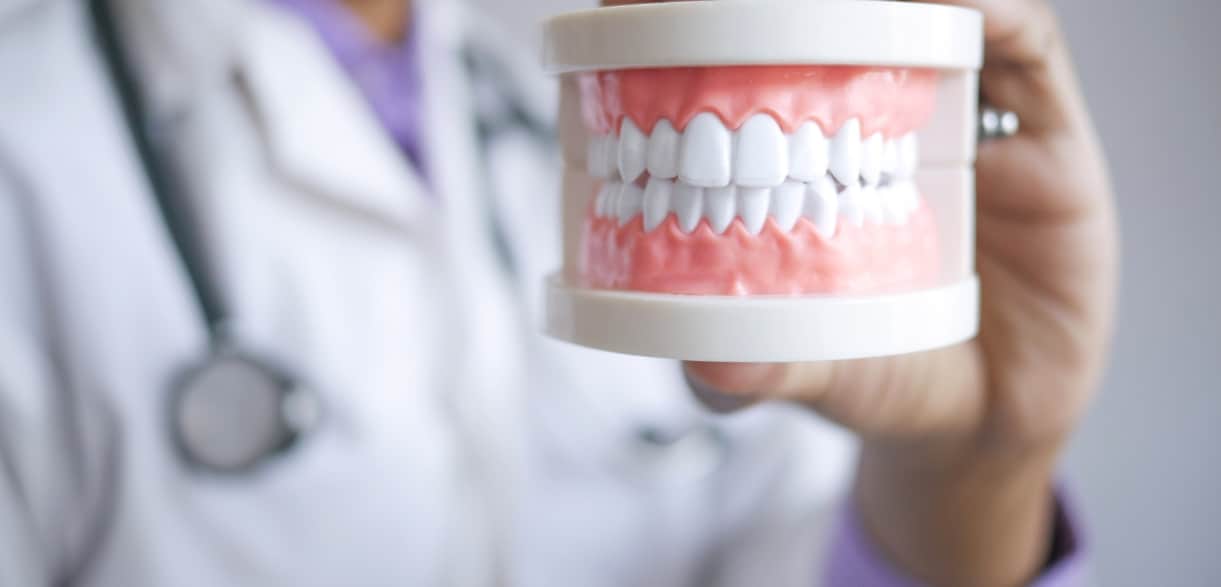
Smiling is a universal language, but for some of us, it can be a daunting task. Whether you have lost your teeth due to age or other factors, dentures are an excellent solution to restore your confidence and improve your oral health. But with so many available options, choosing the right one can seem overwhelming. Fear not! In this blog post, we will cover everything you need to know about dentures and help you decide which type of denture is best suited for you. So sit back, relax, and let’s dive into the ins and outs of dentures!
What are dentures?
Dentures are a type of artificial teeth that replace missing teeth. They come in a range of styles and colors to fit any face. They are custom-made to your mouth and can be fitted in minutes without dental surgery. There are different types of dentures, including complete, partial, and implants. Each has its benefits and drawbacks.
Complete ones are the most common type and work best for people who don’t need to eat much or drink alcohol. They’re usually made from porcelain or metal and have a natural look and feel. However, complete dentures can be uncomfortable if they’re not properly fitted, so your dentist must check them regularly.
Partial ones replace part of your teeth but still allow you to eat solid foods and drink water. They’re made from plastic, resin, or metal and must be fitted by a dentist every two years or when they start wearing down. They can be more comfortable than complete dentures if they’re correctly fitted, but they can also be less stable if you move around a lot (for example, during sports).
Implant dentistry is the newest type of denture technology and is becoming increasingly popular as it offers many benefits over other types of denture construction. Implant Dentistry uses titanium implants to create permanent replacement teeth that look, feel, and function like natural teeth. There is no need for regular adjustments.

Types of dentures
They are a type of prosthetic appliance that replace teeth. Many different types designed for a specific purpose.
There are three main categories: fixed, removable, and implant-supported. Fixed dentures are the most traditional type and are fixed in place by metal brackets or other devices. They can be either complete dentures, which cover the entire front and back of the mouth, or partial dentures, which only cover part of the mouth. Removable dentures are held in place by springs or clips and can be replaced easily with any oral hygiene product. Finally, implant-supported denture systems use dental implants to hold a prosthetic appliance in place. These systems are more expensive than others but provide excellent stability and longevity.
How do dentures work?
Dentures are a type of artificial tooth that is used to replace teeth that have been lost or destroyed. They are made from various materials, including metal, plastic, and porcelain. They are generally attached to the upper jaw with screws or springs.
To use them, the patient must put them on the same way as their natural teeth. The dentist will usually make an impression on the denture wearer’s teeth before they are fitted with the artificial teeth. It will help ensure that the dentures fit correctly and look realistic.
The denture wearer must brush their natural teeth daily and floss them twice weekly to maintain good oral hygiene. If dentures need to be cleaned, the patient should soak them in warm water and mild soap for 10 minutes, then rinsing with water.
How to care for dentures
If you are considering having them, there are a few things you need to know before making the decision. Here is an aftercare guide for dentures:
– clean them every night and in between meals with a mild soap and cold water; let them air-dry
– do not use harsh detergents or abrasives on them, as this can damage the metal components
– avoid eating hard foods and drinks (e.g., ice cream) that can cause damage to your dentures
Denture flossing
Dentures are an excellent option for people who need to avoid wearing teeth replacement appliances, but they can be challenging. Here are some tips on how to floss them:
-Start by flossing the top and bottom of the denture. It will help remove plaque and debris that can build up over time.
-Use a gentle toothbrush to brush the denture surfaces in circular motions. Be sure to use a light touch to not damage the denture material.
-Water jet cleaning is an excellent way to keep your dentures clean and bacteria-free. Contact your dentist for more information about this service.
Denture cleaning
If you are considering having dentures fitted, there are a few things you need to know before getting started:
- Dentures must be cleaned regularly to avoid bacteria build-up and unpleasant odors.
- It is essential to have your dentures properly fitted to fit comfortably and not move around during sleep or when eating.
- Ensure you take good care of your dentures by brushing and flossing them regularly and using mouthwash.
Denture repairs
Dentures are a staple in many people’s lives, providing comfort and stability while they eat and drink. But like any piece of equipment, dentures can wear down over time. If the denture is not repaired correctly, it can eventually fall apart, leading to discomfort and oral cancer.
Dentures FAQ
1. What is a denture repair?
A denture repair replaces one or more broken pieces of your denture with an artificial piece resembling natural teeth. The typical process begins by taking pictures of your teeth and dentures so the dental technician can create a replica of your existing teeth. This replica is then used to make new pieces for your denture.
2. Why do I need a dentist for my denture repairs?
Dentists are specially trained in repairing artificial teeth and have the tools and expertise necessary to do a great job. But, most importantly, they have access to unique materials and laboratories that other dental professionals need access to.
3. How long will my denture repairs take?
The average time it takes for a dentist to complete a denture repair depends on the repair’s complexity and how many broken pieces there are in the prosthesis. In most cases, however, it should only take about two hours from start to finish.
Source: Luke Kahng
If you are considering getting dentures, it is essential to understand what they are and what they do. Dentures come in various shapes and sizes, so finding the right ones for your needs is essential. Dentures can improve your quality of life by allowing you to eat more comfortably and enjoy a better sense of oral hygiene. If you have any questions about dental implants or dentures, please don’t hesitate to ask your dentist or doctor.




